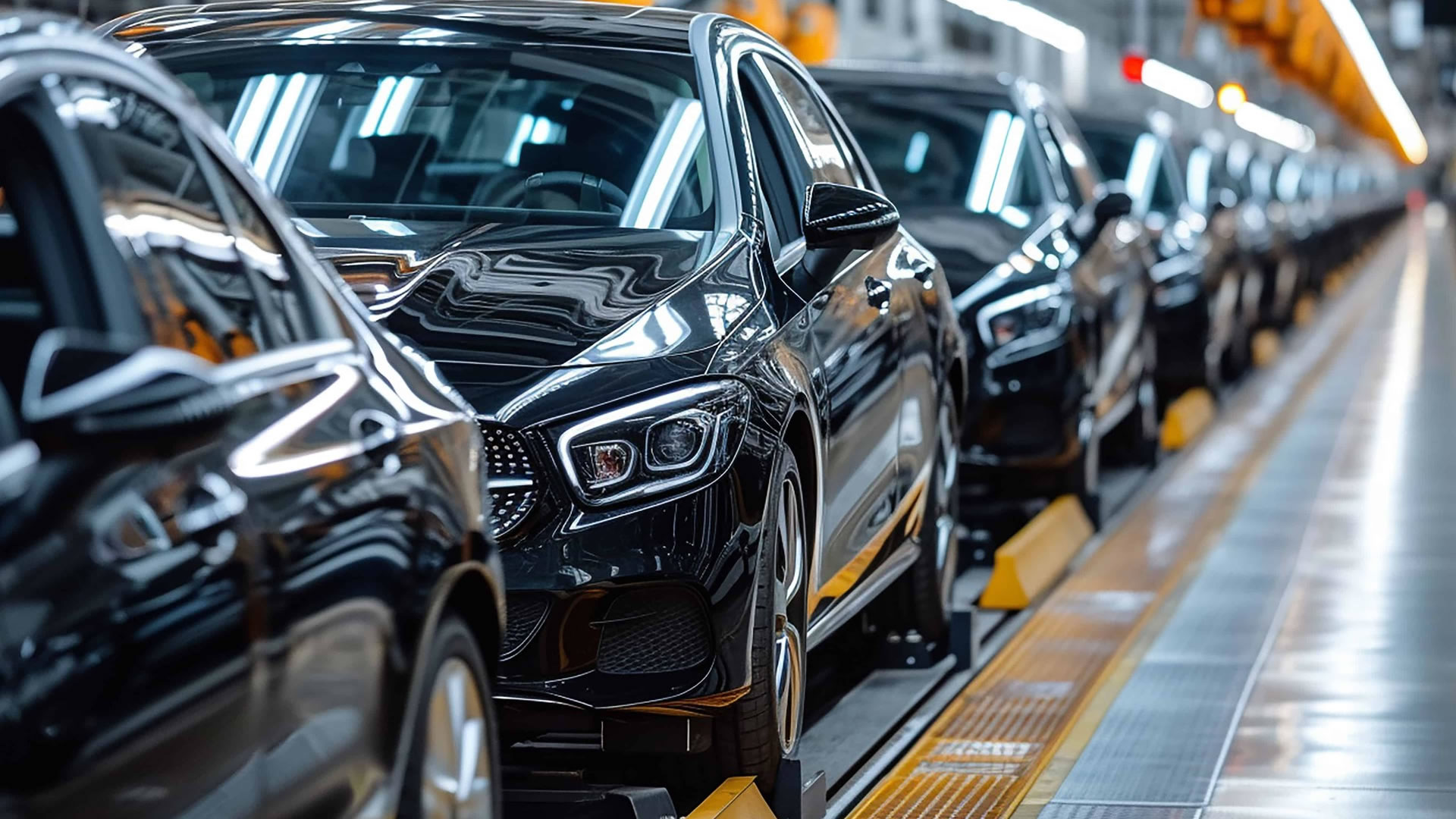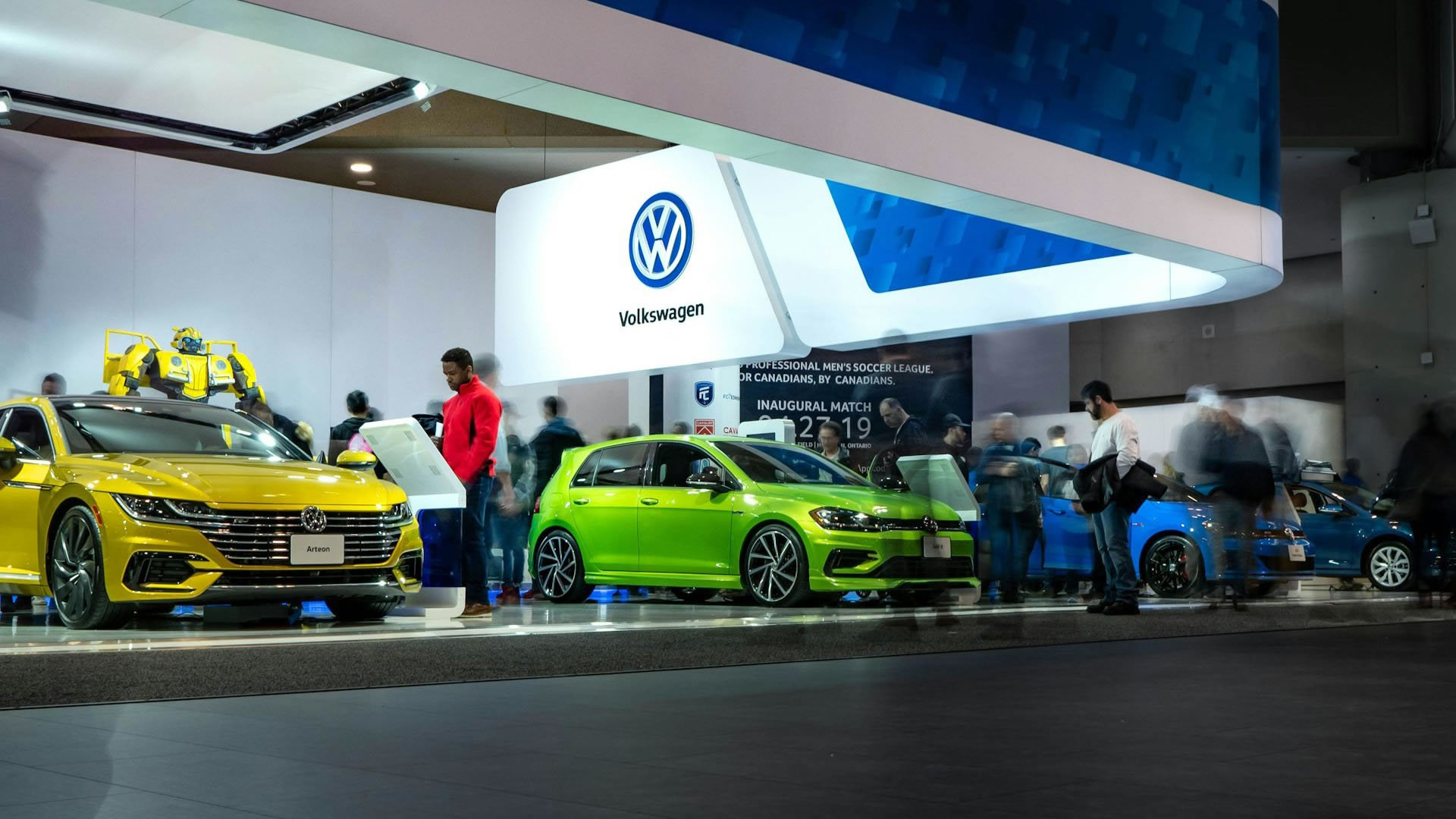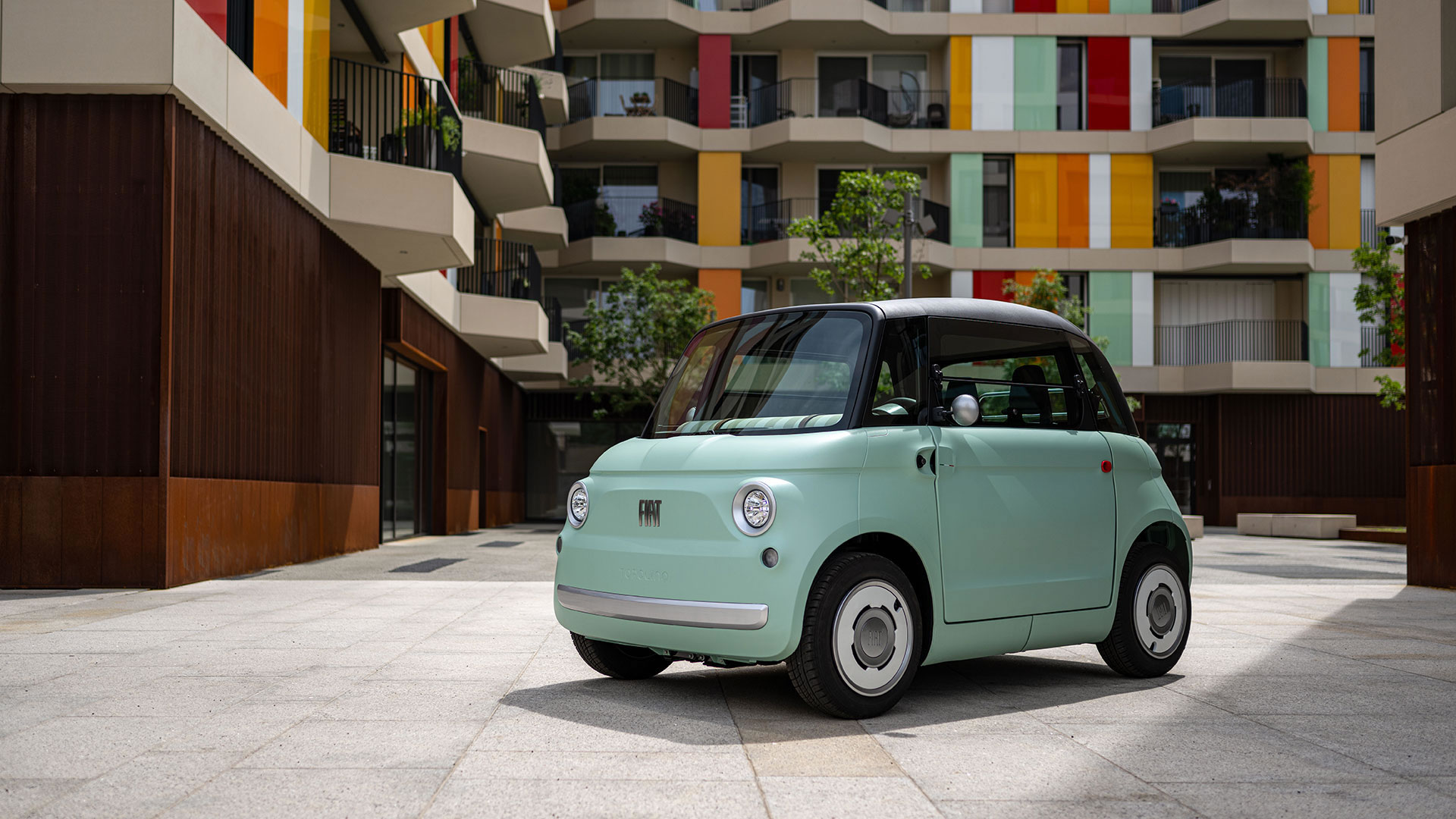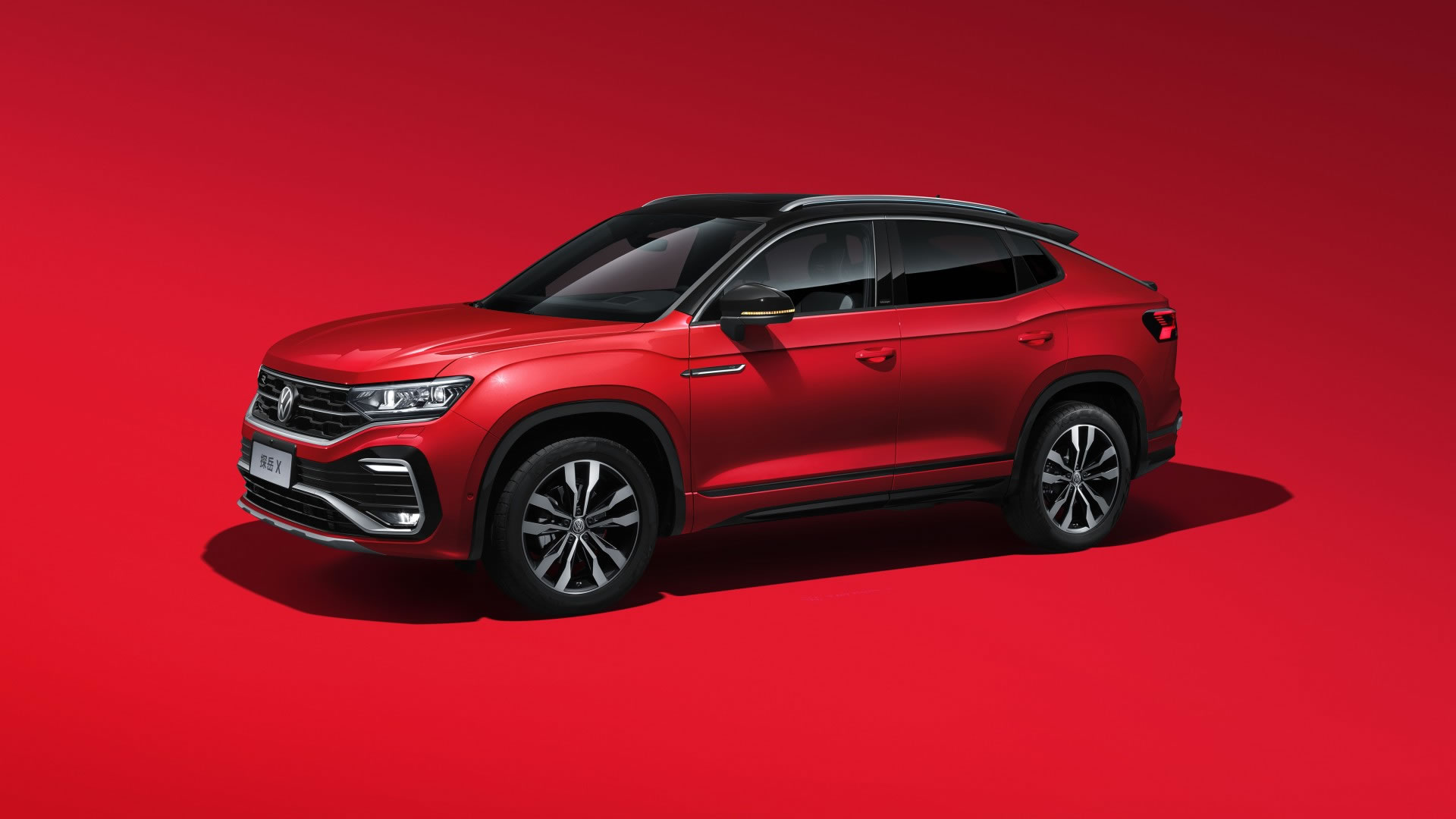Registered Vehicle Numbers Increase in Germany New Trends in the Automotive Sector

While Germany is home to one of the world's largest automotive industries, the number of registered vehicles reached 61.1 million in 2024, breaking a new record. This increase highlights both the strength of the country's automotive sector and the changes in consumer preferences. So, what do these figures tell us, and what trends are emerging in Germany's automotive sector?
The fact that the number of registered vehicles in Germany has reached 61.1 million is an indication of the vitality of the country's automotive sector. Behind this increase lies both the continued interest of the population in vehicle ownership and the growth of the second-hand vehicle market. In particular, consumers who turned to individual vehicle use instead of public transportation after the pandemic played an important role in increasing these numbers.
In 2024, the share of electric (EV) and hybrid vehicles among registered vehicles in Germany also increased significantly. The European Union's carbon emission targets and Germany's policies to transition to renewable energy are driving automotive manufacturers to produce electric vehicles. In particular, electric models of brands such as Tesla, Volkswagen, BMW, and Mercedes-Benz are attracting great interest from consumers.
It is estimated that the number of registered electric vehicles in Germany exceeded 2 million as of 2024. This figure is considered an important step towards the country's goal of putting 10 million electric vehicles on the roads by 2030.
The second-hand vehicle market also has a major impact on the increase in the number of registered vehicles in Germany. Especially young drivers and budget-oriented consumers can own a vehicle by turning to second-hand vehicles. The high quality and reliability standards of second-hand vehicles support the growth of this market.
In Germany's major cities, shared mobility solutions are becoming as popular as vehicle ownership. The use of car-sharing applications, electric scooters, and bicycles is becoming widespread, especially among the younger generation. This trend reduces inner-city traffic congestion while highlighting environmentally friendly transportation options.
The increase in the number of registered vehicles in Germany shows that digitalization and autonomous driving technologies in the automotive sector are also developing rapidly. Artificial intelligence-supported driving systems, connected vehicle technologies, and intelligent navigation systems make drivers' travel experiences safer and more comfortable. In particular, German automotive giants are pioneering the mobility solutions of the future with their investments in autonomous driving.
The fact that the number of registered vehicles in Germany reached 61.1 million in 2024 once again highlighted the country's leading position in the automotive sector. The rise of electric and hybrid vehicles, the vitality of the second-hand market, and digitalization trends reflect the dynamism of Germany's automotive sector. However, issues such as traffic congestion and environmental impacts are also on the agenda with the increasing number of vehicles. Therefore, sustainable mobility solutions and smart city applications seem to become even more important in the future.
Vehicle Ownership is Increasing in Germany
The fact that the number of registered vehicles in Germany has reached 61.1 million is an indication of the vitality of the country's automotive sector. Behind this increase lies both the continued interest of the population in vehicle ownership and the growth of the second-hand vehicle market. In particular, consumers who turned to individual vehicle use instead of public transportation after the pandemic played an important role in increasing these numbers.
The Rise of Electric and Hybrid Vehicles
In 2024, the share of electric (EV) and hybrid vehicles among registered vehicles in Germany also increased significantly. The European Union's carbon emission targets and Germany's policies to transition to renewable energy are driving automotive manufacturers to produce electric vehicles. In particular, electric models of brands such as Tesla, Volkswagen, BMW, and Mercedes-Benz are attracting great interest from consumers.
It is estimated that the number of registered electric vehicles in Germany exceeded 2 million as of 2024. This figure is considered an important step towards the country's goal of putting 10 million electric vehicles on the roads by 2030.
The Second-Hand Vehicle Market Maintains its Vitality
The second-hand vehicle market also has a major impact on the increase in the number of registered vehicles in Germany. Especially young drivers and budget-oriented consumers can own a vehicle by turning to second-hand vehicles. The high quality and reliability standards of second-hand vehicles support the growth of this market.
Mobility Trends are Changing in Cities
In Germany's major cities, shared mobility solutions are becoming as popular as vehicle ownership. The use of car-sharing applications, electric scooters, and bicycles is becoming widespread, especially among the younger generation. This trend reduces inner-city traffic congestion while highlighting environmentally friendly transportation options.
Digitalization and Autonomous Driving in the Automotive Sector
The increase in the number of registered vehicles in Germany shows that digitalization and autonomous driving technologies in the automotive sector are also developing rapidly. Artificial intelligence-supported driving systems, connected vehicle technologies, and intelligent navigation systems make drivers' travel experiences safer and more comfortable. In particular, German automotive giants are pioneering the mobility solutions of the future with their investments in autonomous driving.
The fact that the number of registered vehicles in Germany reached 61.1 million in 2024 once again highlighted the country's leading position in the automotive sector. The rise of electric and hybrid vehicles, the vitality of the second-hand market, and digitalization trends reflect the dynamism of Germany's automotive sector. However, issues such as traffic congestion and environmental impacts are also on the agenda with the increasing number of vehicles. Therefore, sustainable mobility solutions and smart city applications seem to become even more important in the future.






















































